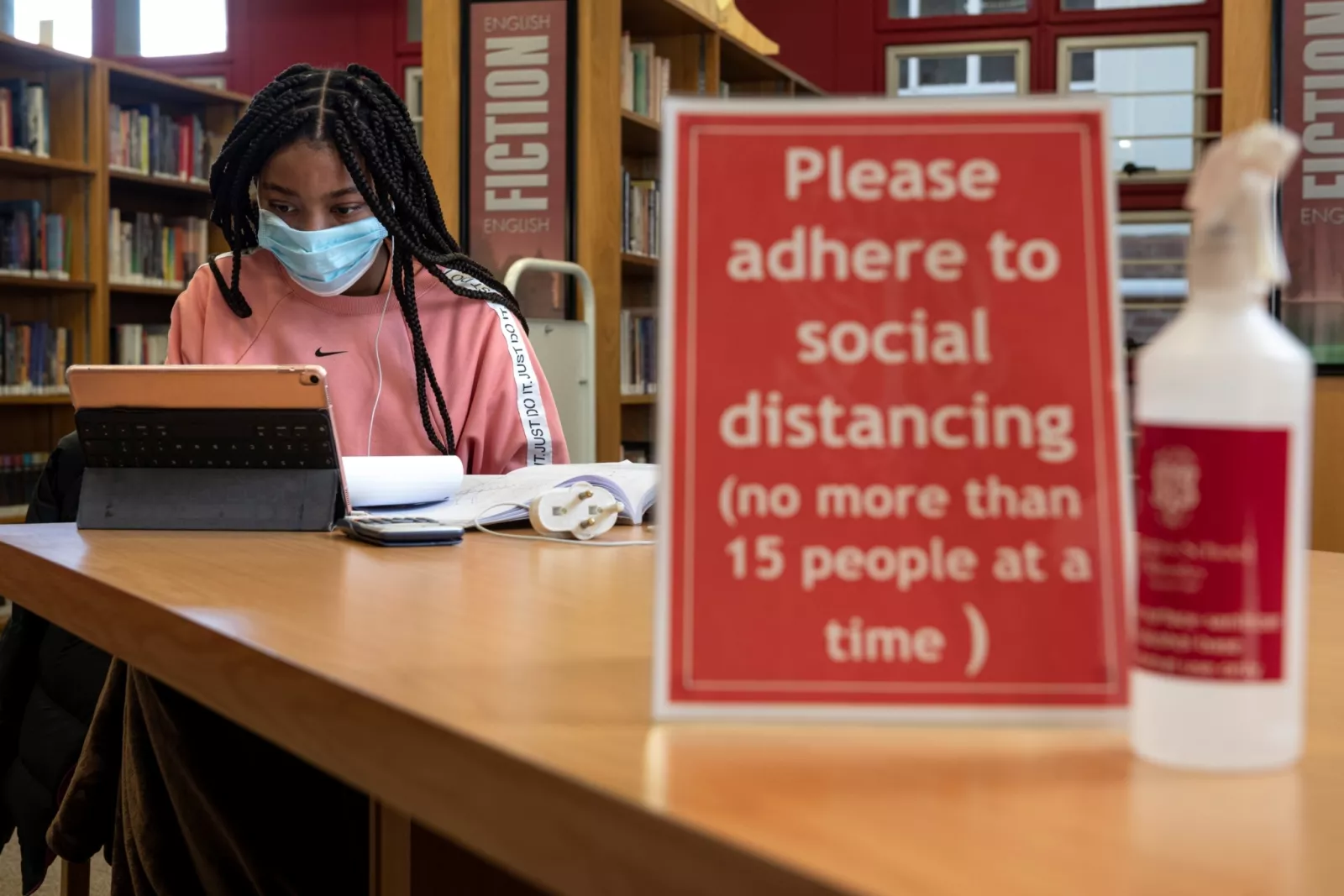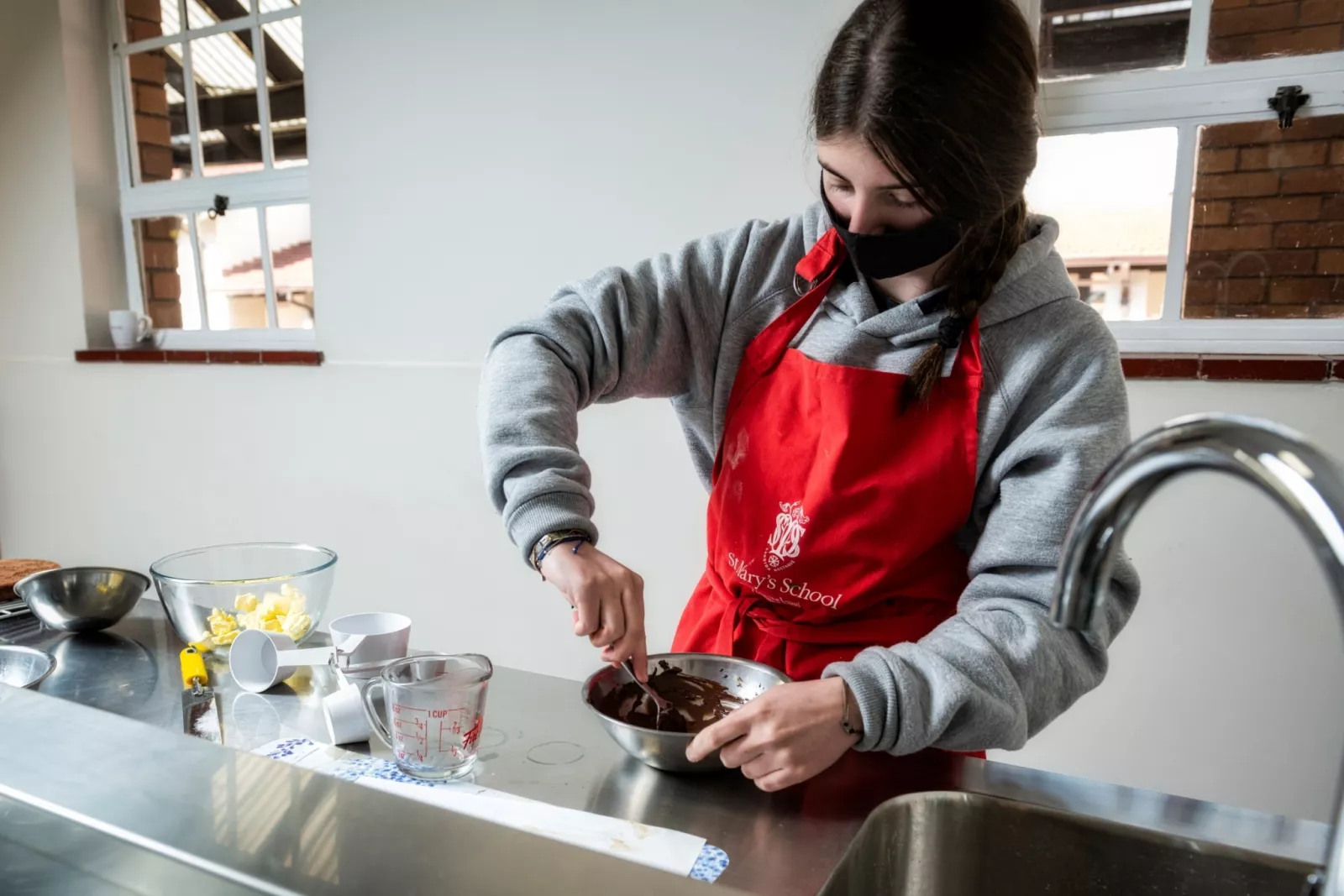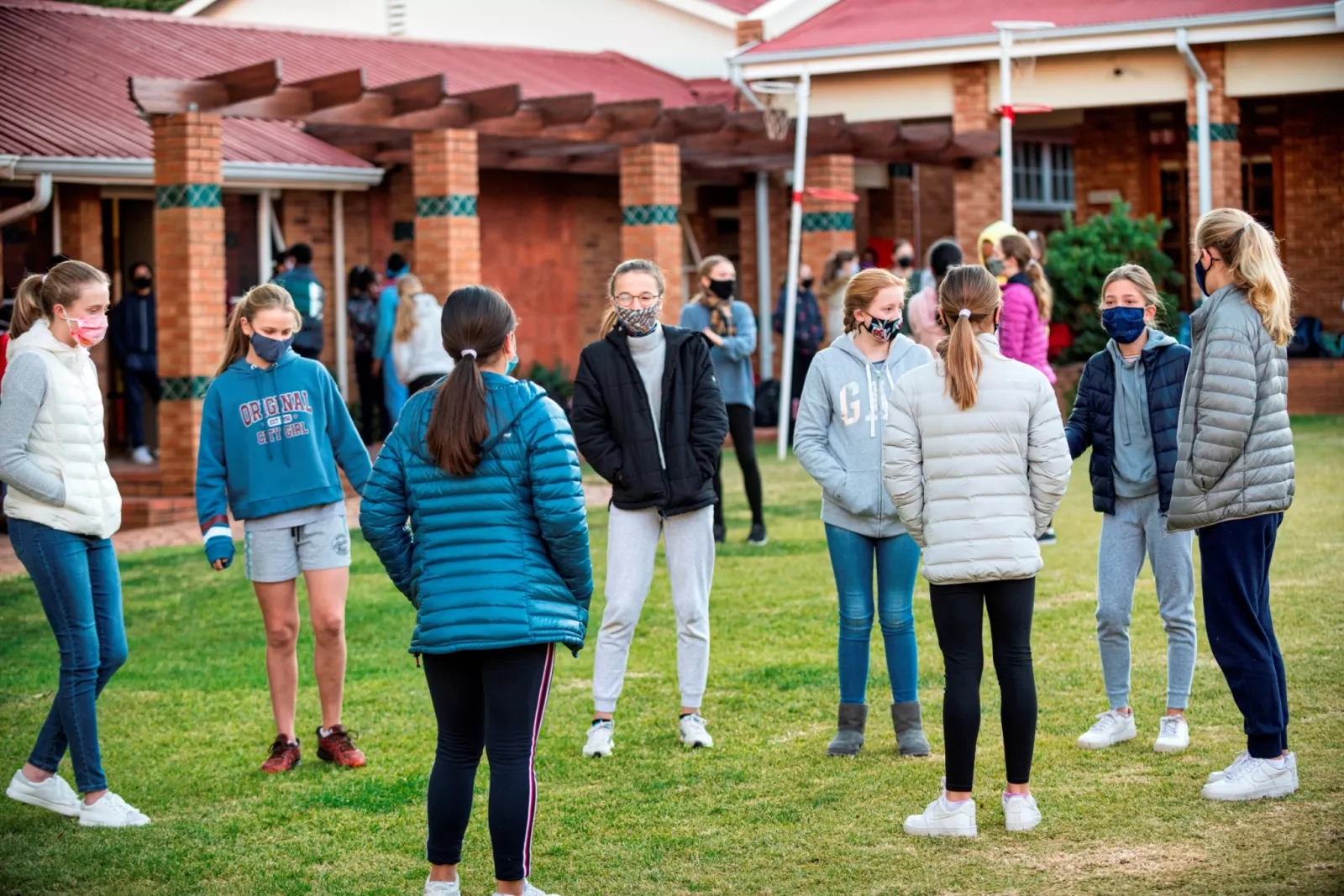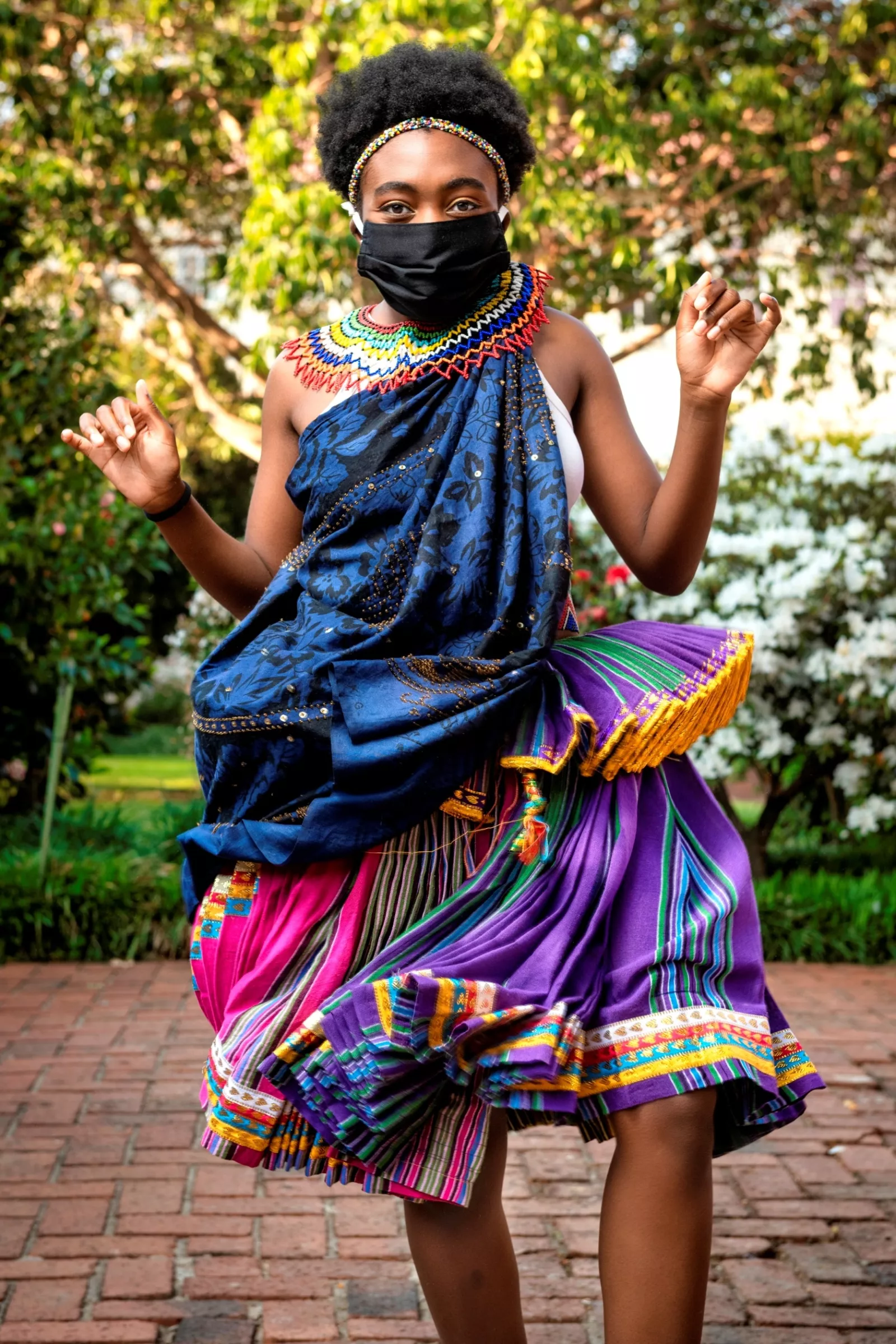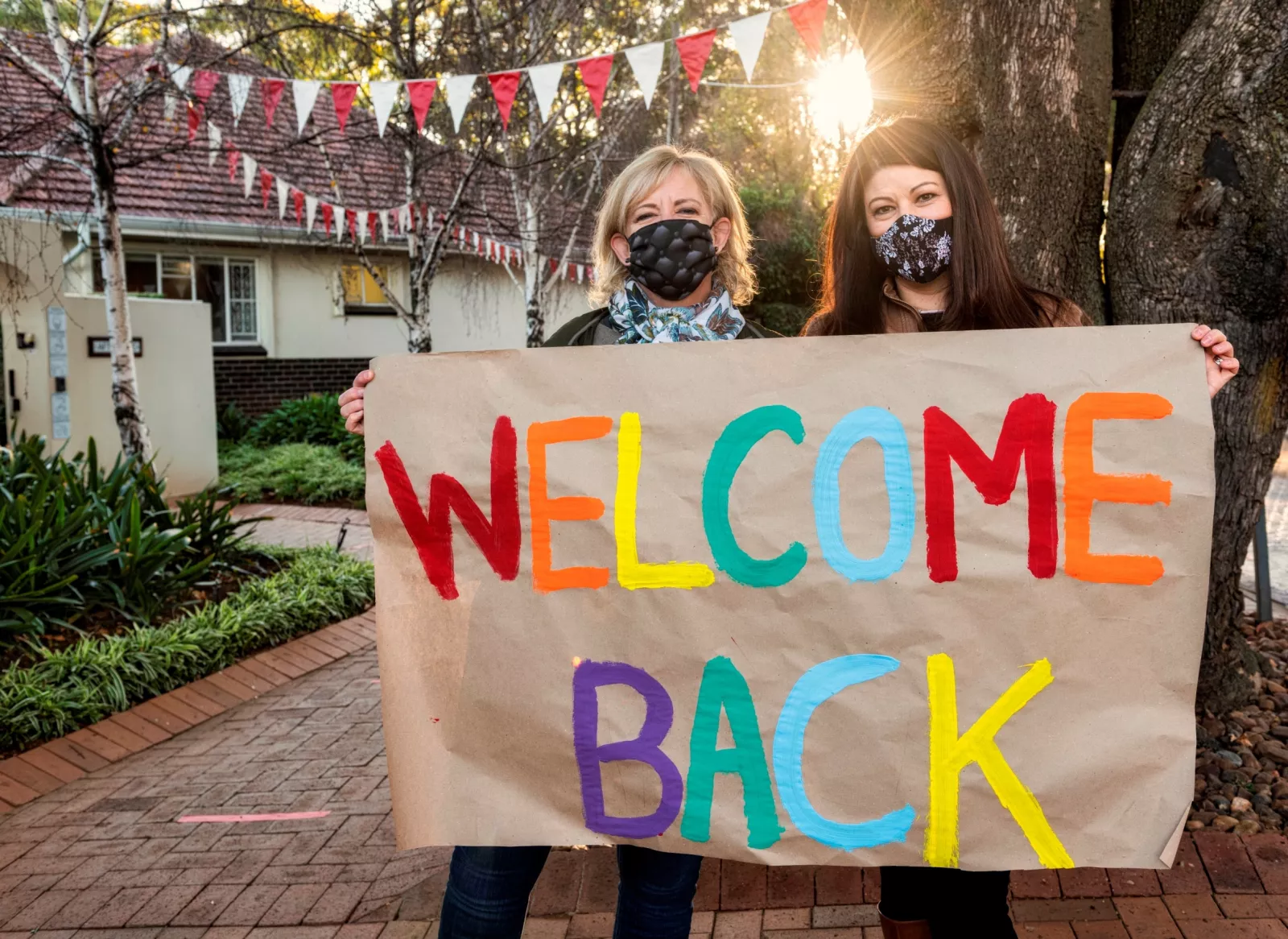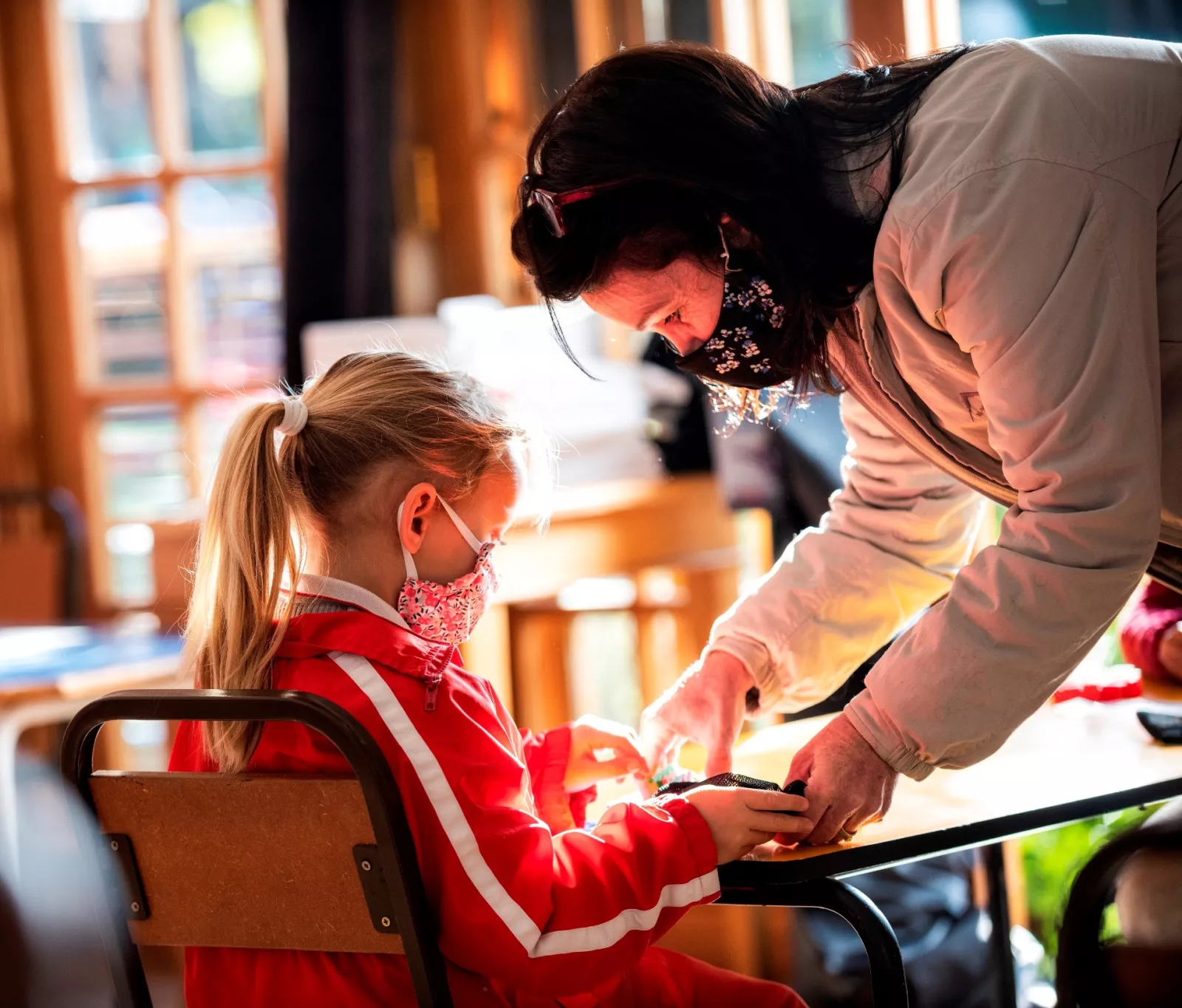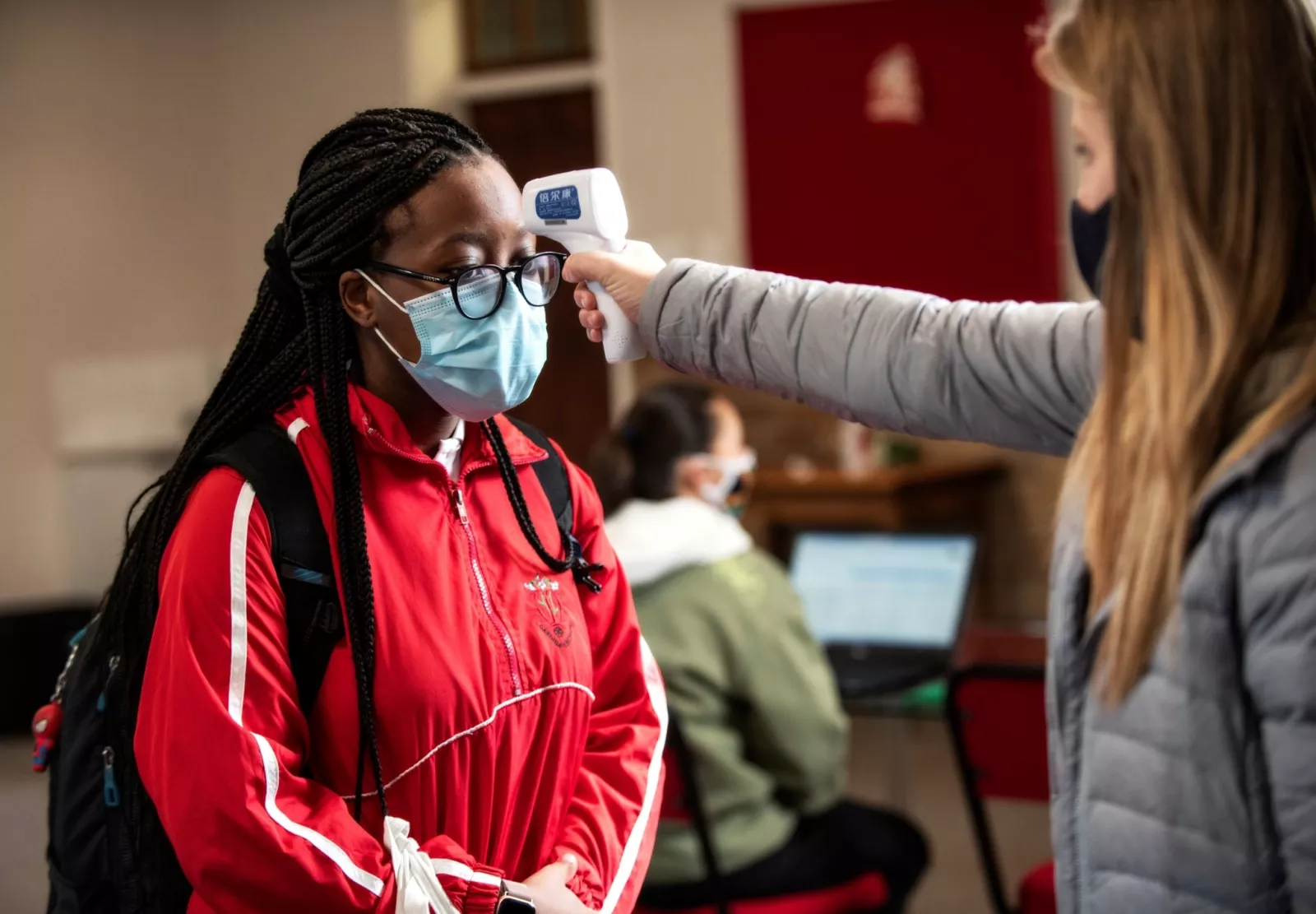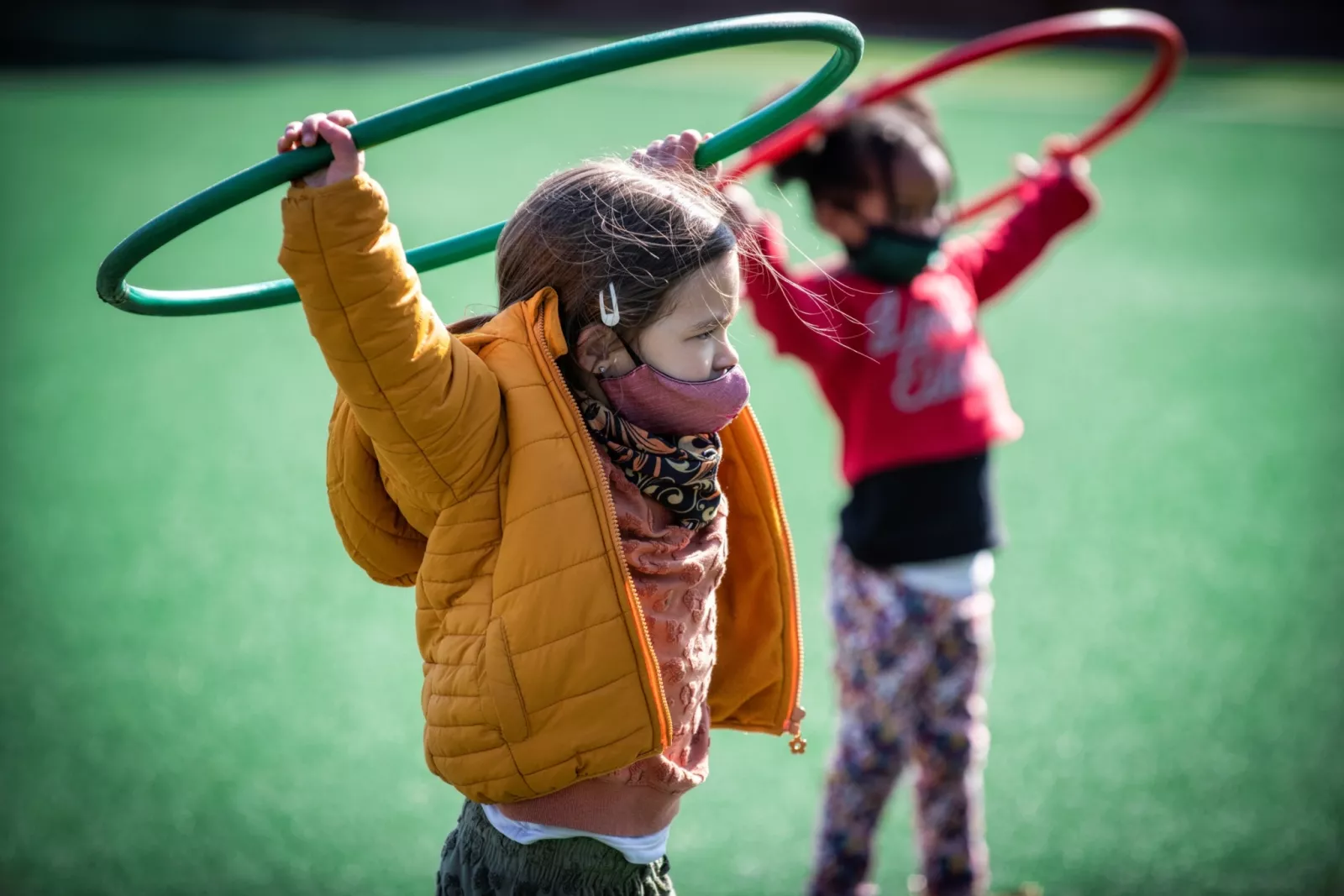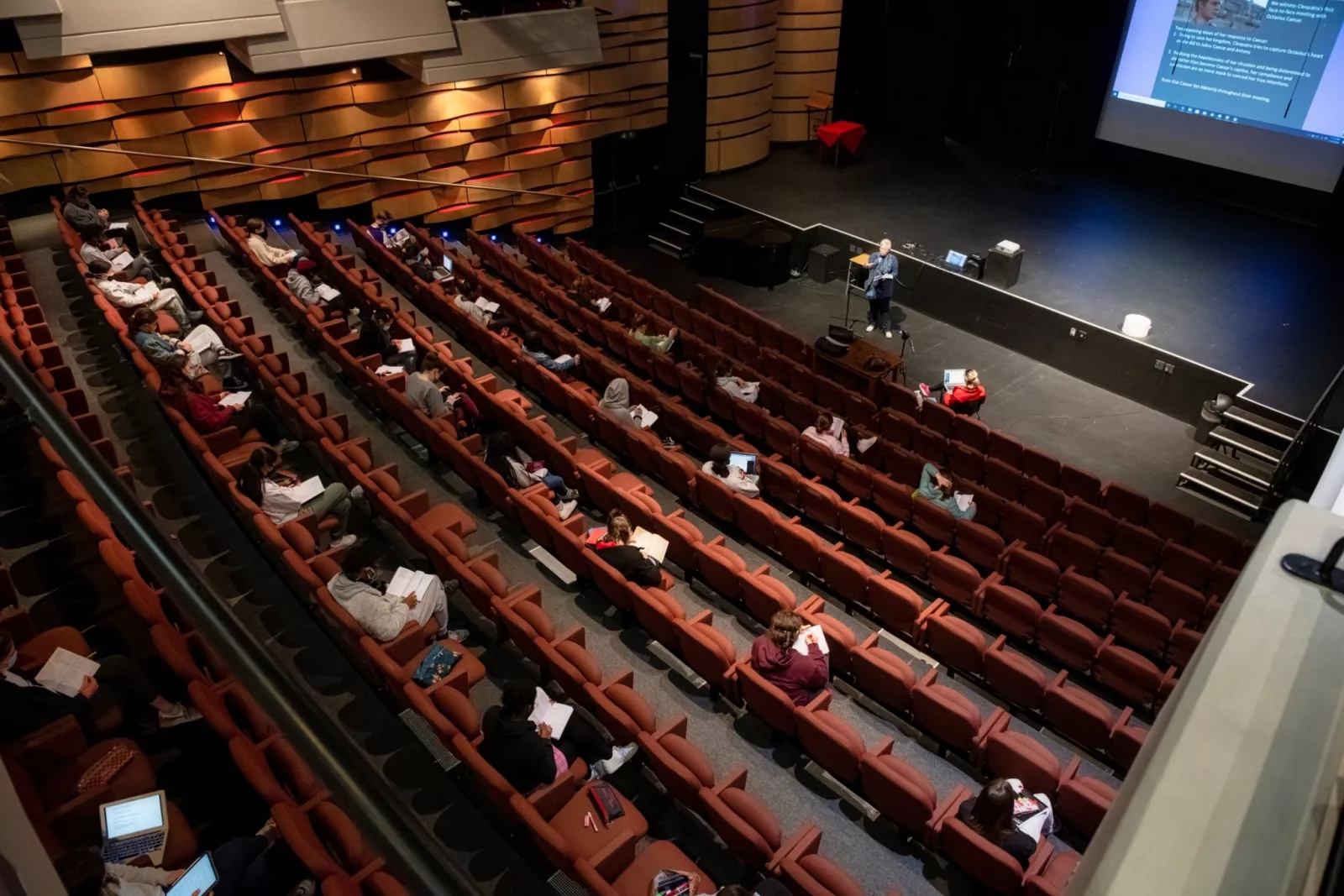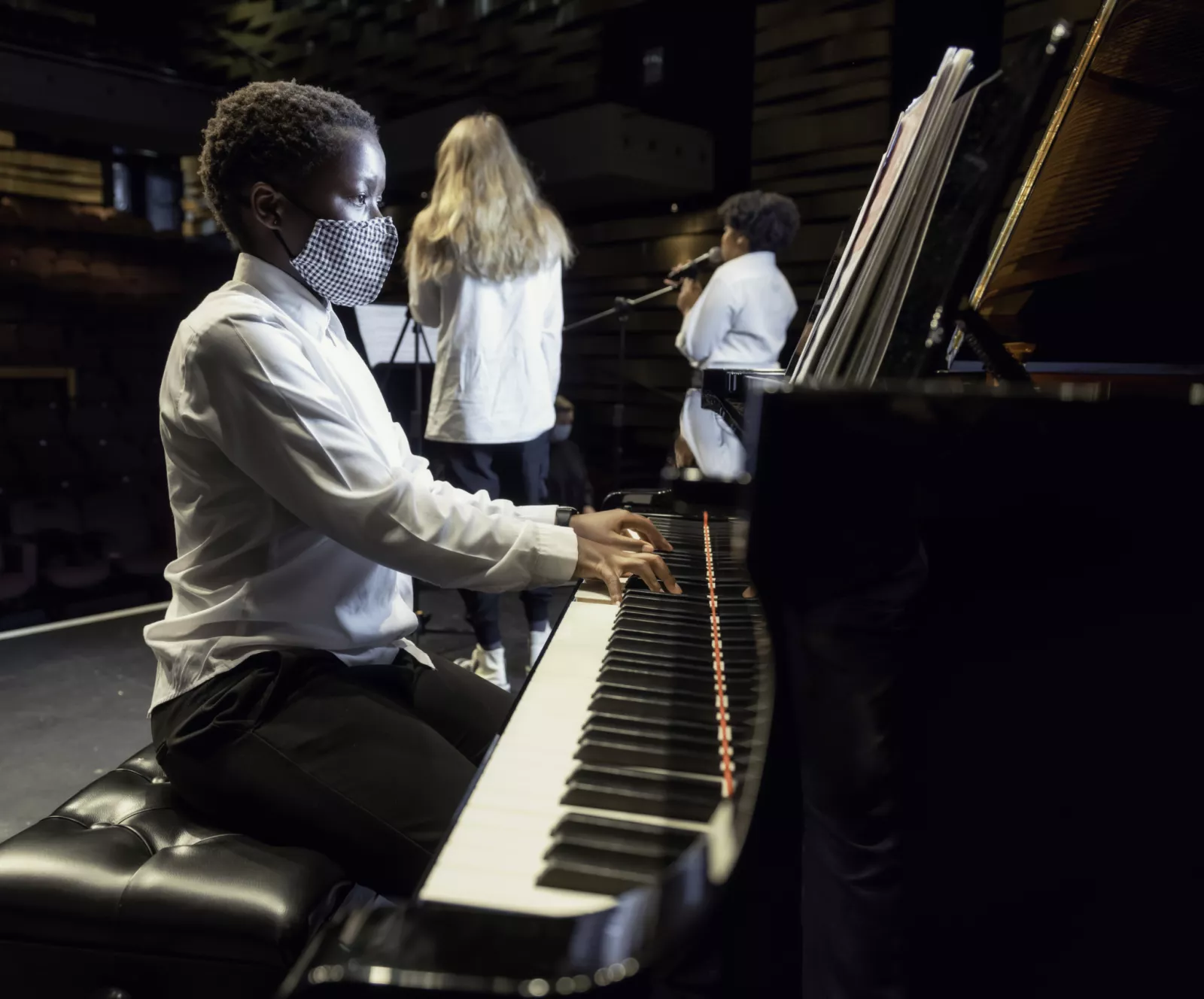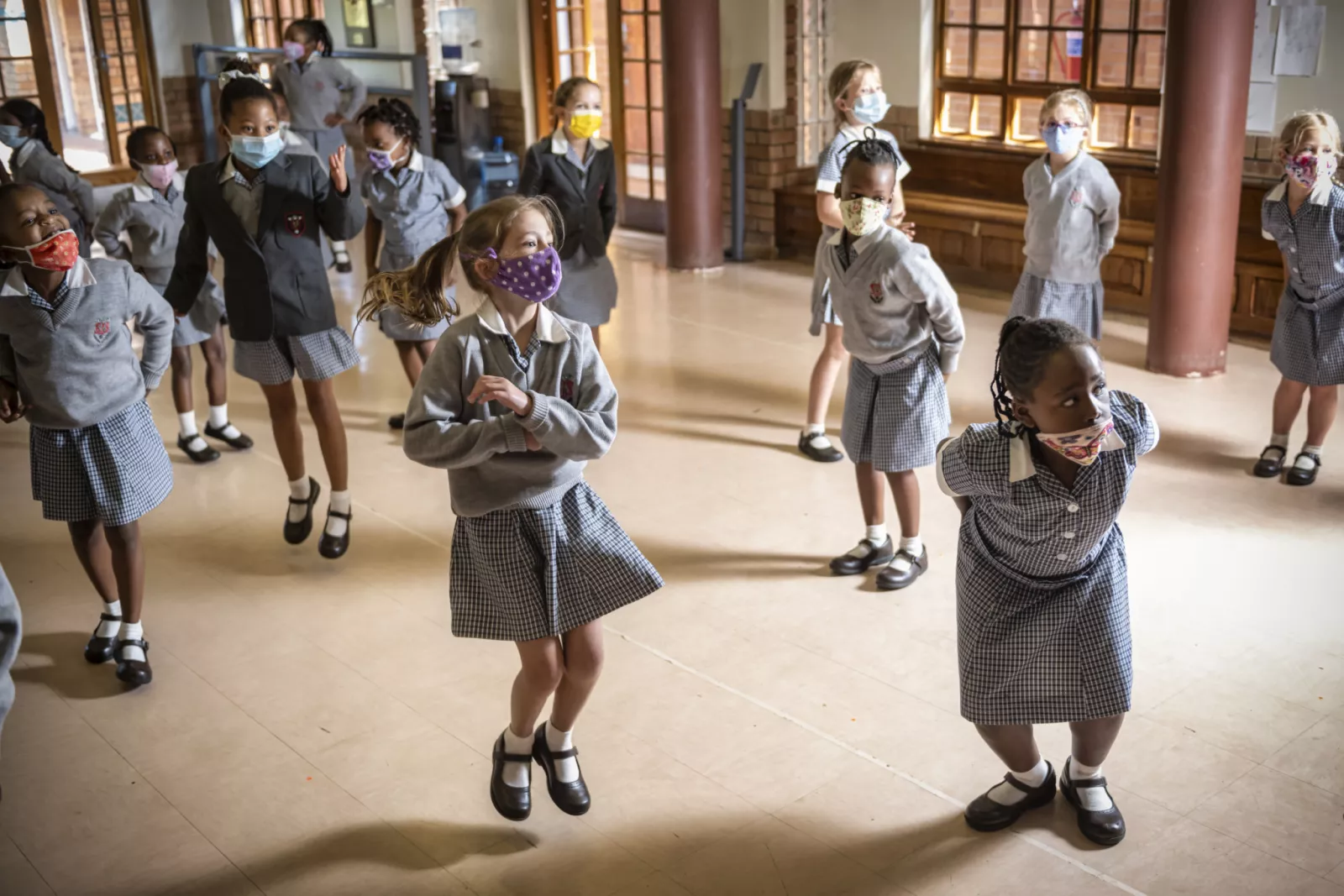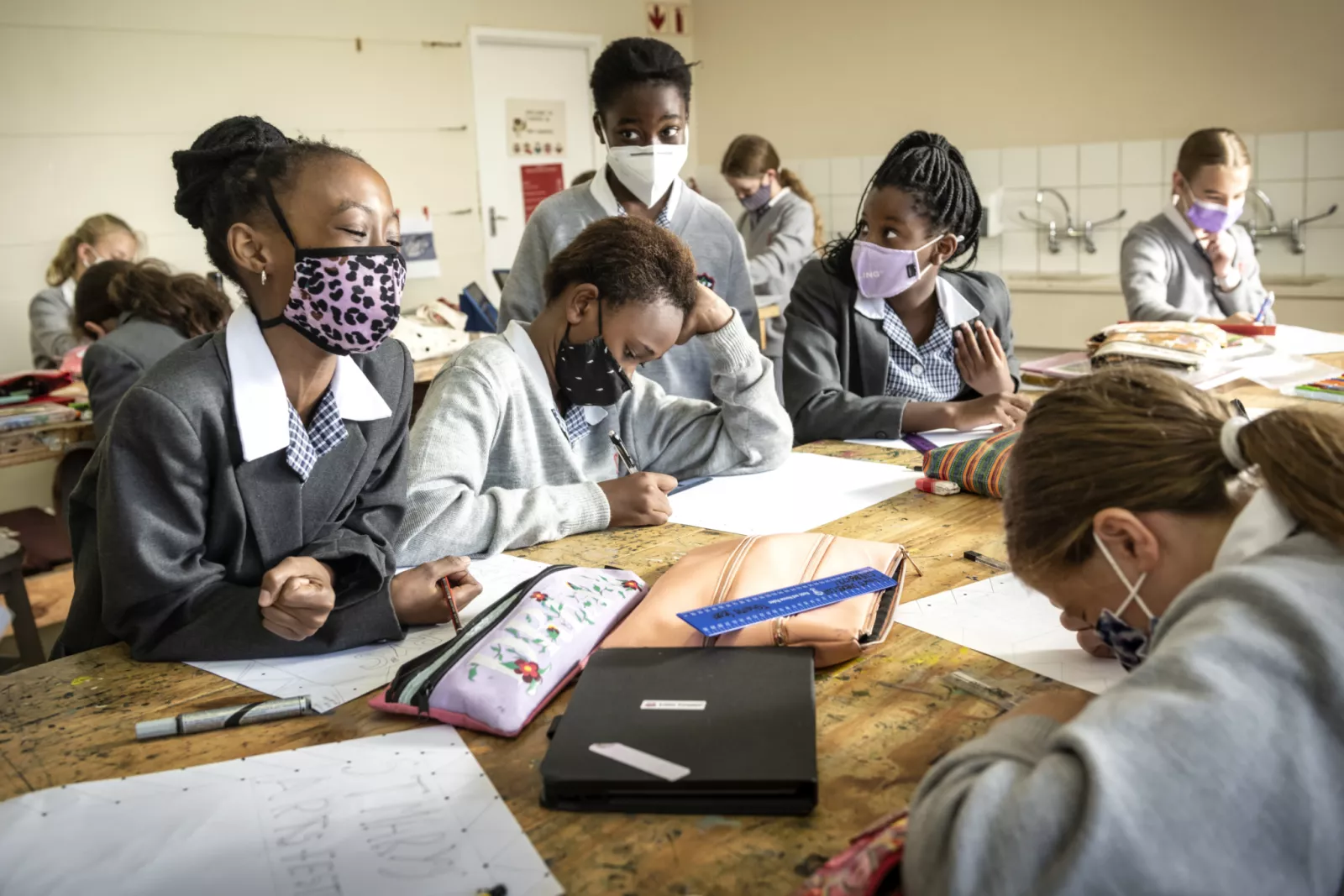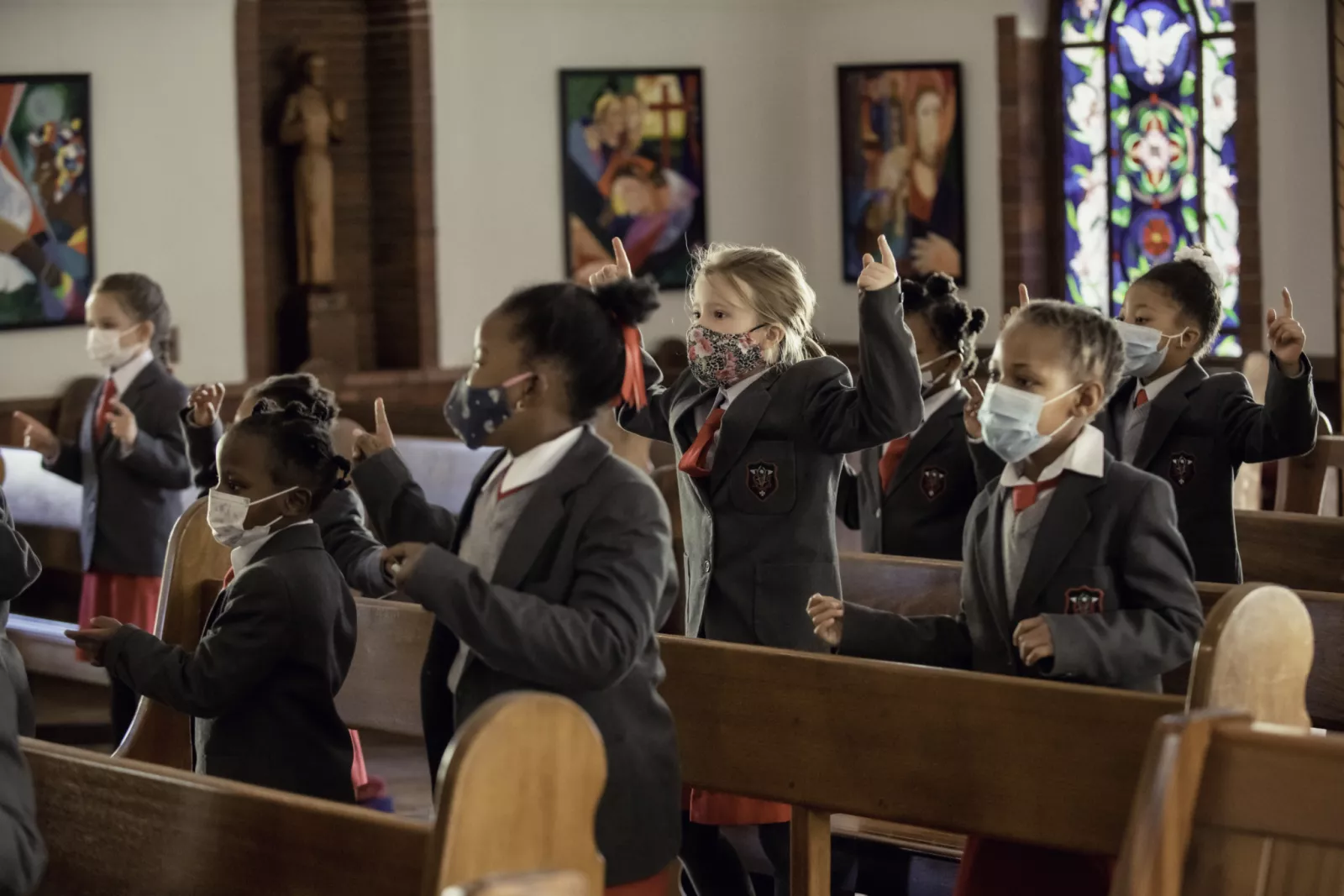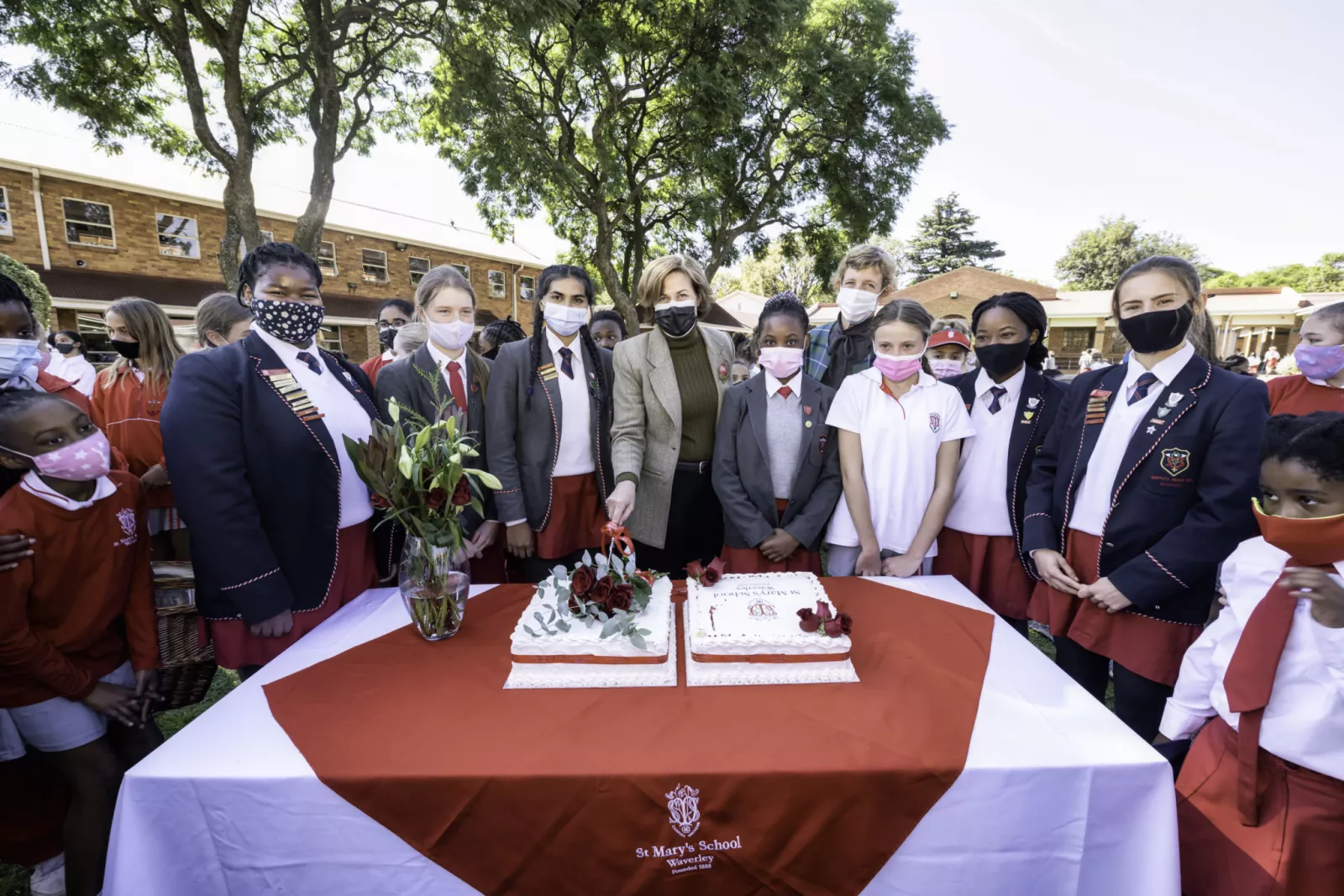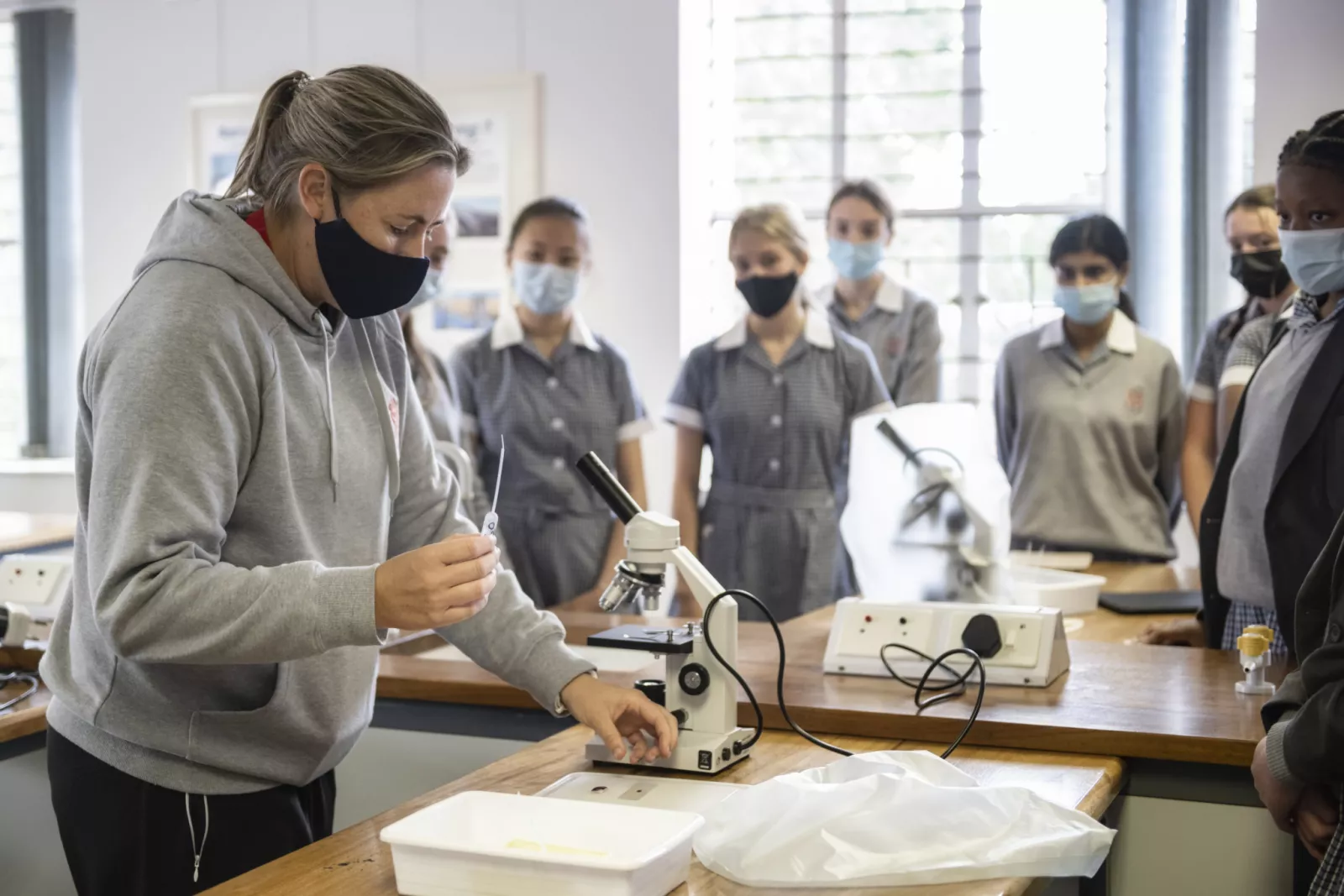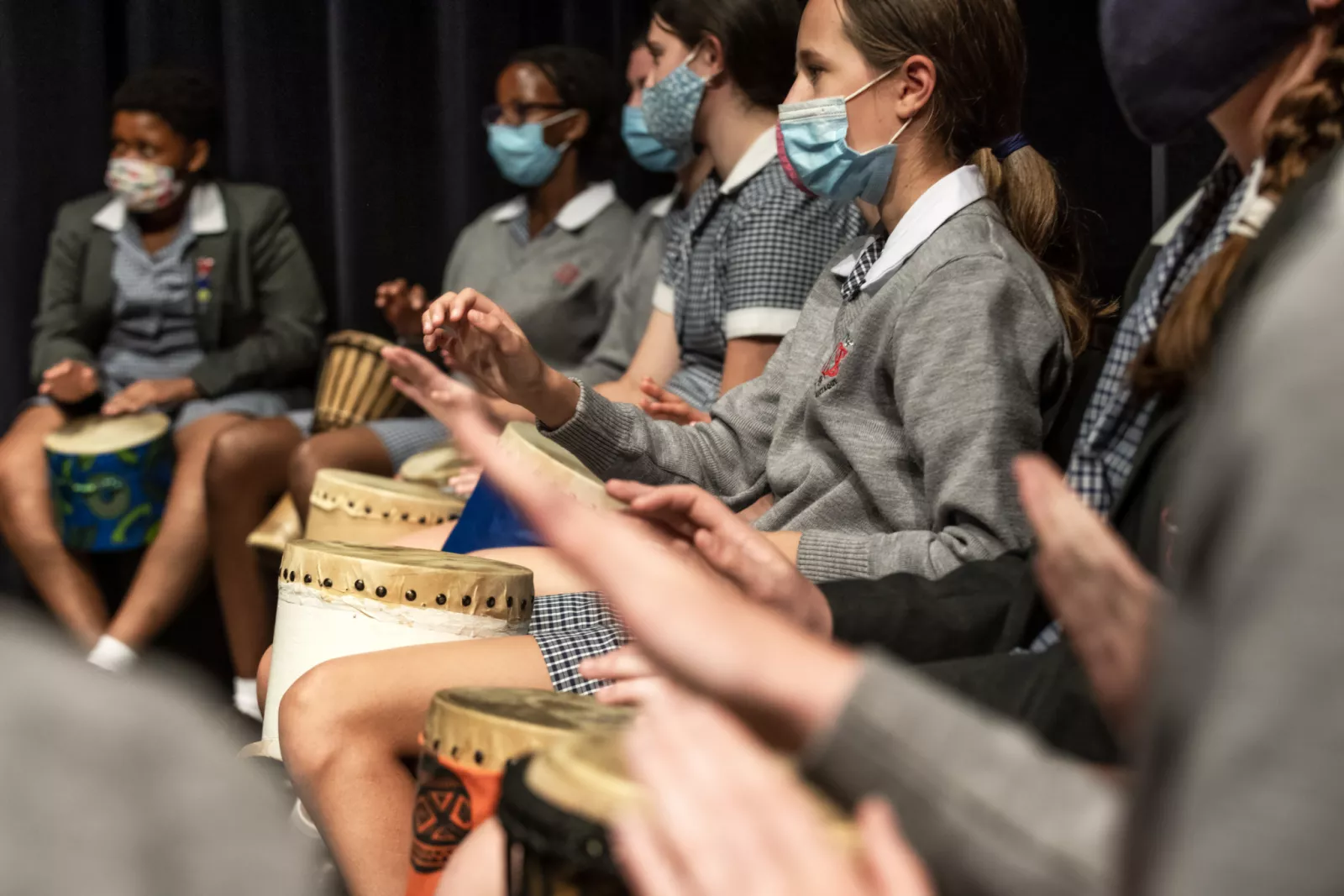Teaching and learning challenges and innovations in 2020
Teaching and learning challenges and innovations in 2020
LOCKDOWN AND BEYOND
As the super-spreader corona virus engulfed the world - the misery and repercussions thereof of almost biblical proportions - economies and healthcare systems reeled. In South Africa, venality, already in the spotlight, was underscored in the siphoning off on a massive scale of funds destined for health care. Education, at primary and tertiary levels, took an unprecedented knock as schools and universities closed. Some children in South Africa missed almost a year of education.
St Mary’s is one of the fortunate schools, with resources, and the resolve that the year not be lost. And so, as Plato observed, because “necessity is the mother of invention”, 2020 became the year of innovation. It must be recorded, however, that the school has always had a dynamic learning environment. The DNA of the school is to make demands of its staff and pupils to investigate, act on plans and make adjustments as they go along. It had already invested in technology, and all this enabled the school to make rapid adjustments with a normal, but conservative outlook in abeyance.
Staff taught themselves the technique of video-making at breakneck speed, and shifted from a face to face environment to lessons on Google Meet, Google Classroom or WhatsApp. While the downside was the loss of personal contact, the new-style lessons came with enormous benefits. Each lesson began with registration to monitor attendance, and parents received weekly feedback. In each subject, the girls were given a preview of lessons in the pipeline. Online quizzes allowed for immediate feedback while online cycle tests could be completed when convenient. For “normal” lessons, pupils could interrupt the video to interrogate the teacher. Teaching on Google Meet means that in future extra lessons can take place at home and any pupil anywhere – overseas for example – can participate in the life of the school. All this came with enormous and exhausting demands on the staff.
Music and other cultural activities, as well as chapel services, continued online. By way of example, the choir and orchestra put together a video for the Patronal Festival; the new Cultural Corner, a cultural open mic platform, enabled students and staff to showcase their talents, and regional and international debates were conducted over Zoom with valuable feedback from international judges. With a seemingly surreal premonition, the tech club showcased its skills by providing the music and lighting for the matric dance, (held pre-lockdown), and “the tracks of our very own St Mary’s DJ pulsed and pumped, the lights flashing and flickering”.
In the field of sport, it was “a tough and lonely season” (netball captains, Simone Voigt and Tlou Duba) but sports’ teachers devised online training sessions to which the majority remained committed, despite “the many distractions and excuses at our fingertips.” In hockey, these sessions included “cardio, strength, core and balance, agility and goalkeeper-specific sessions”(hockey captains, Sasha Dikotla and Sarah Roy).
Once lessons resumed at the school, every pupil’s temperature was taken daily and recorded on a spreadsheet and mask wearing and sanitisation of hands and school equipment adhered to.
IMPACT OF COVID-19 INTO 2021
Again in 2021, in further attempt to contain the pandemic, schools world-wide close once more, many for months on end. In late 2021, UNESCO produces the following statistics: 217,257,095 learners, that is 12.4% of the total enrolment, are affected by school closures. This is hardly accurate, however, as there is no data available for some parts of the world.
In South Africa, schooling in the public sector is a catastrophe, with many schools still unequipped for the transition to remote learning, and with learners in some of the rural areas still lacking access to the internet or parents who are able to oversee their learning.
Examinations written at home for the first time
Owing to the pandemic, the Forms I-IV write their 2021 June examinations remotely using the Google Classroom platform. These examinations are primarily a learning tool for students to evaluate their competence in each subject.
